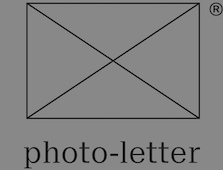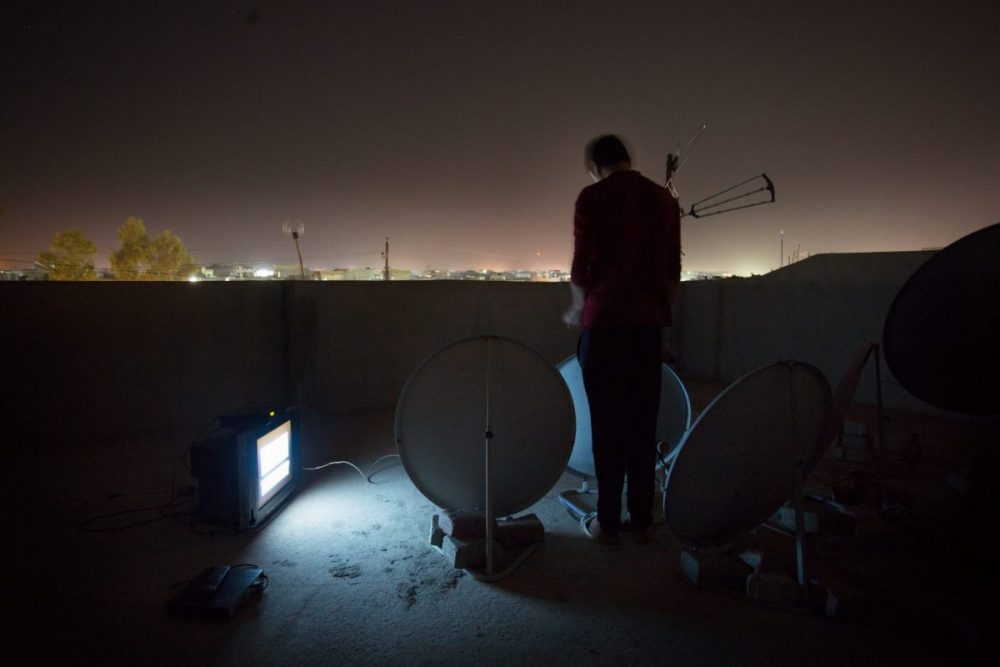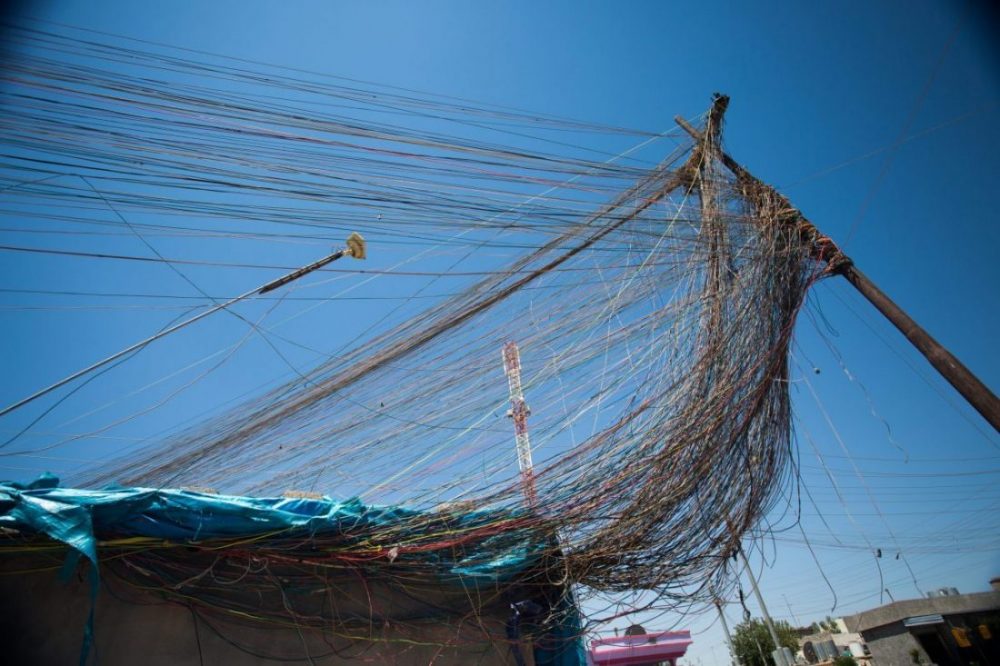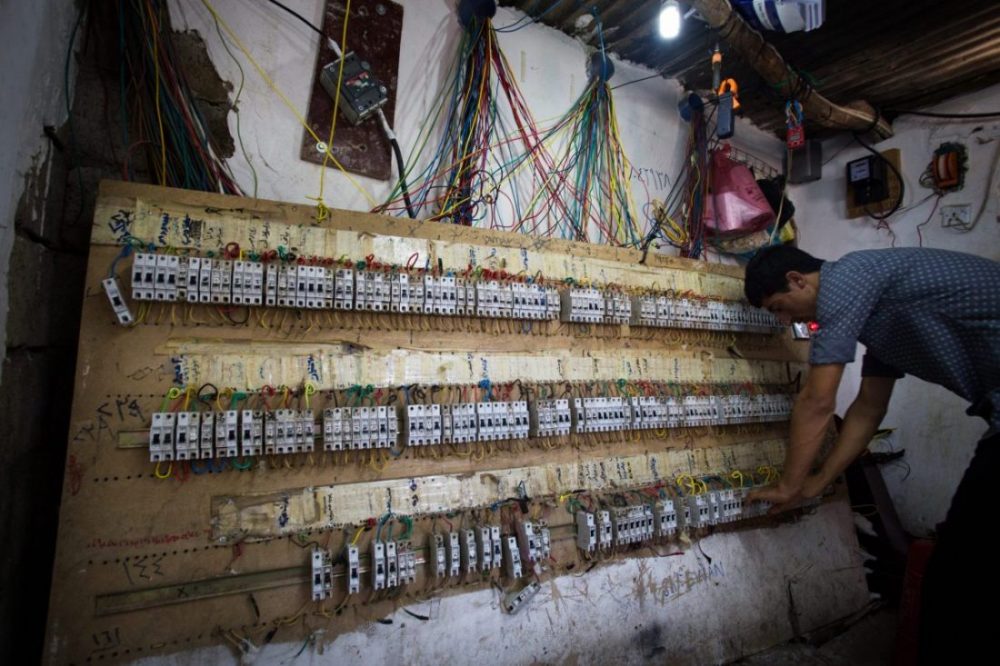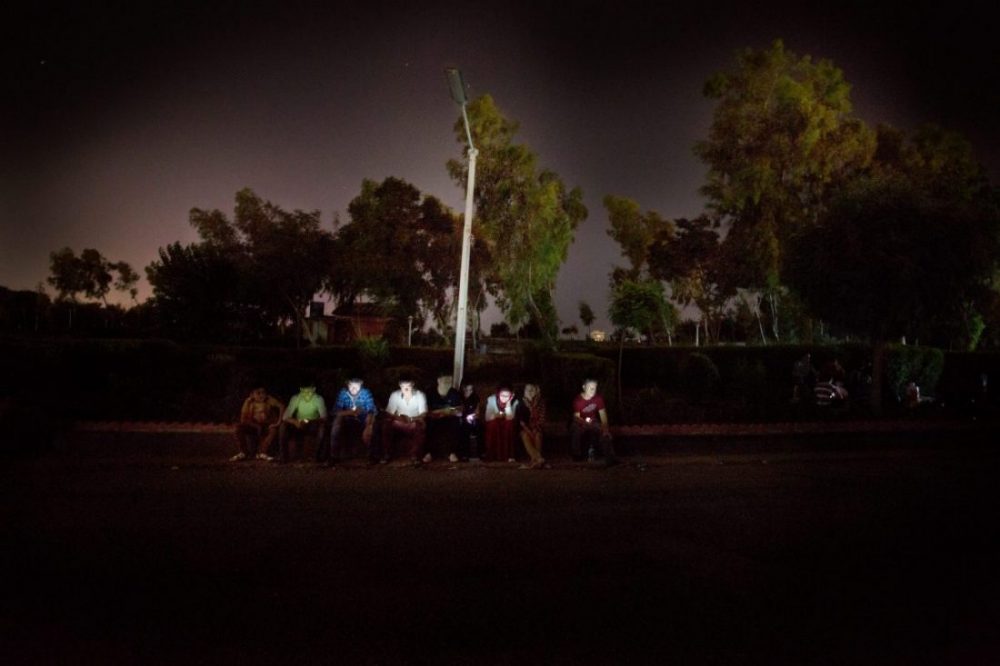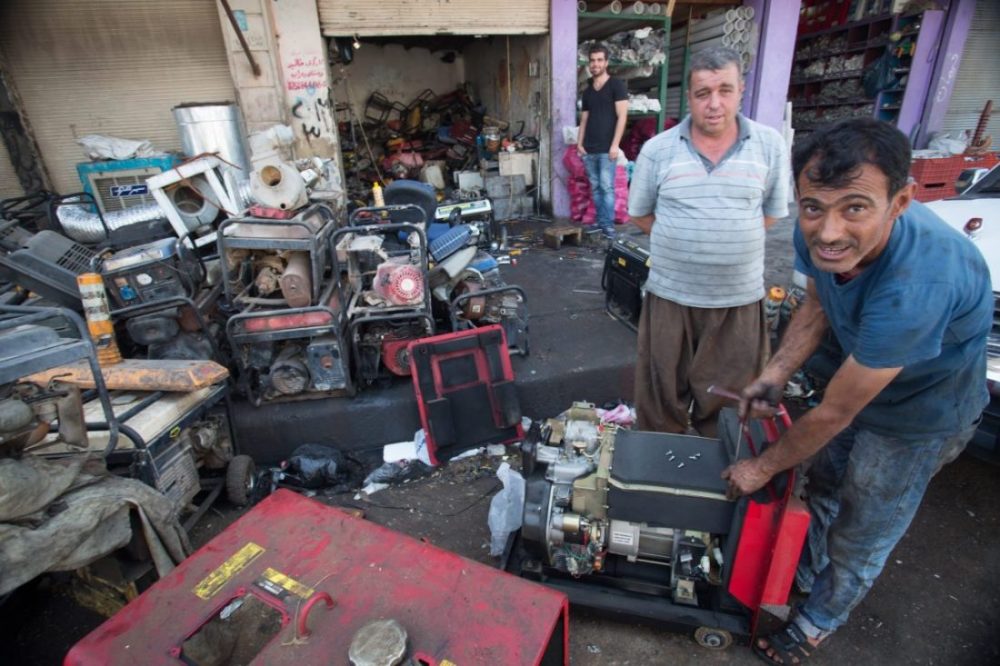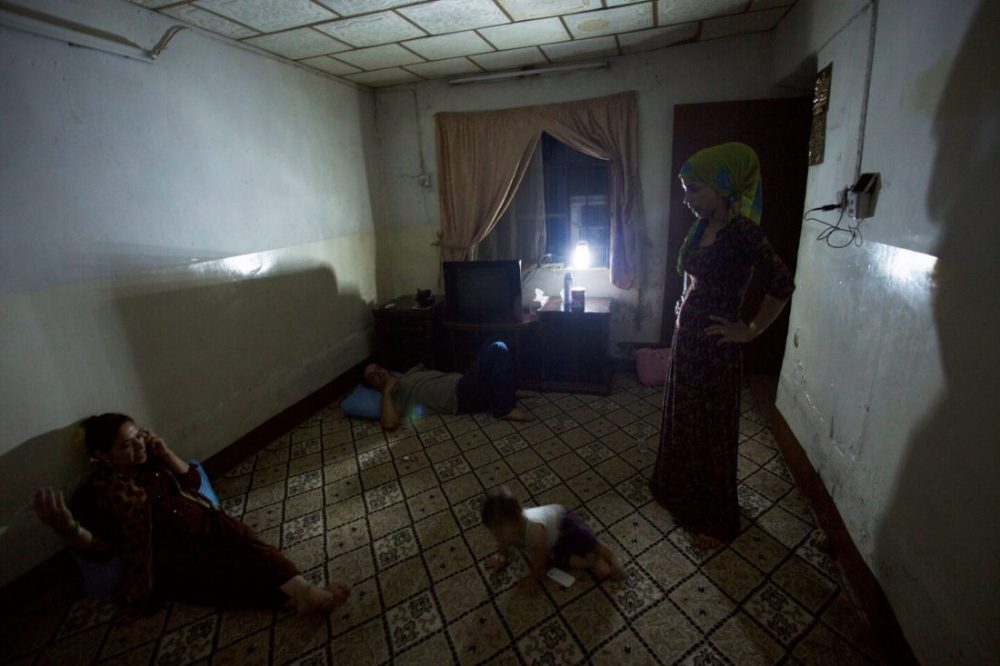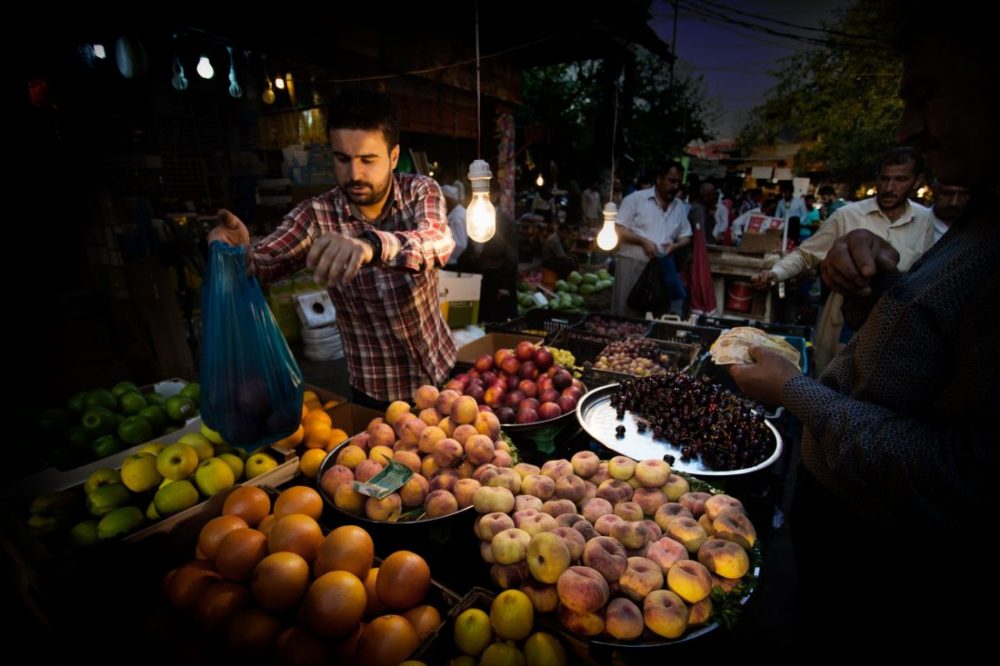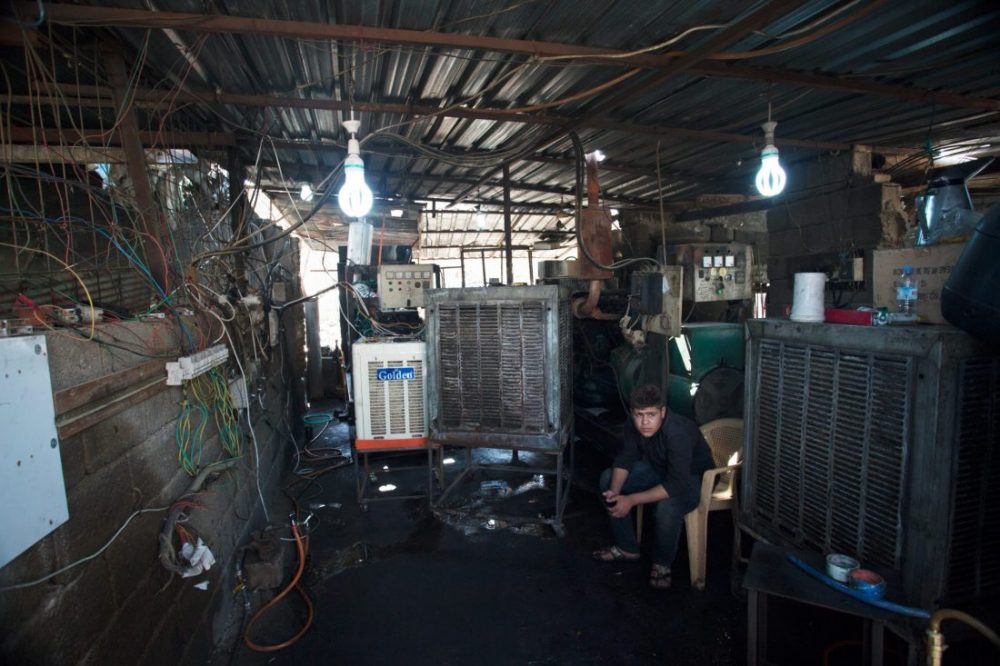Light in the Darkest Place
Rahman Hassani
2015 — Iraq
About this series
This project examines the current electricity crisis situation in Iraq, after experiencing long-term unsolicited wars in the past decades.
Nowadays, apart from the other ominous problems facing Iraq’s society such as, ISIS, corruption, deprivation and the internal local wars between different religious groups, one of the most critical country’s problems is electricity. It has been one the weakest spots of Iraq’s infrastructure for a long time and has become the most difficult problem that Iraq’s nation and its government have to face.
Over the past decades, as a consequence of poor electricity supply, protests of desperate customers have been held throughout Iraq’s territory and has put a tremendous political pressure on the central government to solve the problem immediately.
Photographer: Rahman Hassani
Nationality: British
Based in: London, England
Website: www.rahmanhassani.com
Instagram : @rahman.hassani
Rahman Hassani is a freelance photojournalist, artist and graphic designer based in London. He worked on many social and humanitarian reportages.
He started his career as a photographer and graphic designer in the west of Iran (Kurdistan). Since 2004, while based in Iranian Kurdistan, his photographs have reported the poverty and discrimination issues among Kurdish people in Iraq and Iran.
He completed his BA of Graphic Design at the UCNA University of Tabriz in 2007. After he got his degree, he moved to the Iraqi Kurdistan, in Erbil where he worked as a freelance photographer and graphic designer for the coming two years, working for many local newspapers and photo agencies.
His works has published by SOPA Images, Getty Images, Guardian world news, Time National Geography, Metro UK, BBC News,UN,BBC Farsi, Meher Photo agency (Iran),
Taw Magazine, Galyar Advertisement magazine and etc.His works have been shown in several photography exhibitions both in the Middle East and in Europe.
He moved to the UK in 2012 and he completed his Masters of Photojournalism and Documentary Photography at the University London of Art (LCC) in 2015
